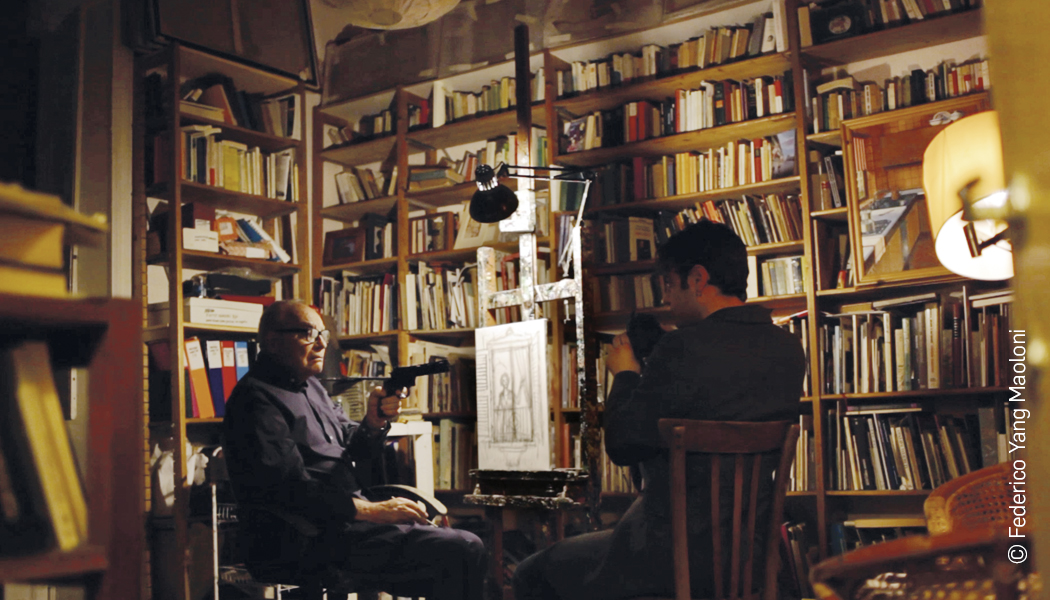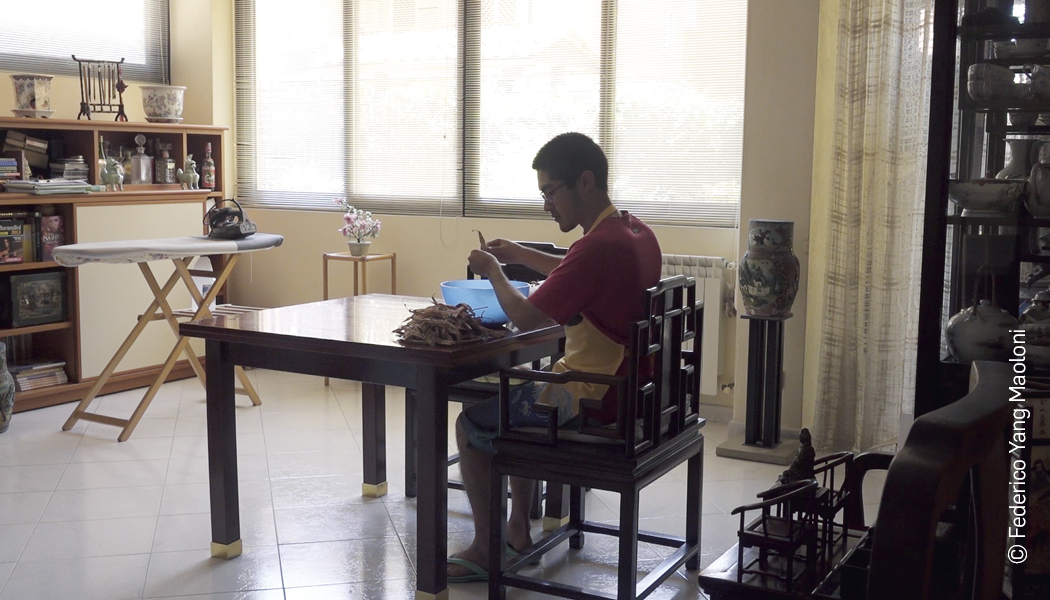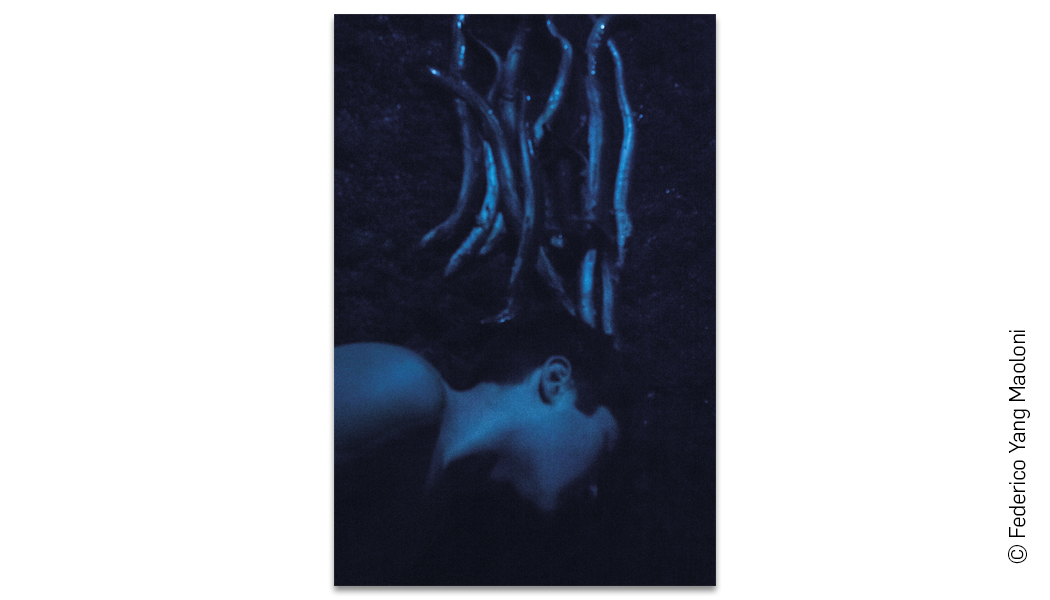Born to Italian father and Chinese mother in ’93 at Marino, unfortunately Federico Yang Maoloni is struck by the passion for Cinema only during the first year of law school. Barely escaped from a life of signing contracts with a ridiculous childlike handwriting, he arrives at the Rufa’s 3 years course of Cinema. Forged in the heat of production set (if you got the reference, I applaud you virtually), he graduates with 110 cum laude with a very joyous thesis about Cinema and the process of mourning. He pursues further study in America by getting into the Master of Fine Arts of Cinema at San Francisco State University (they accept about 15 student each year, so let me gloat over it for a second). These days – 2021 – he’s preparing a short film for the master’s thesis.
The social utility of cinema as an anticipated work of mourning
In the book “Lavoro del lutto, melanconia e creazione artistica” of Massimo Recalcati, the following question is asked: what is the social and ethical message of a work of art?
The answer is that a work of art can have a social impact to the extent that it bears witness to the existence of something that can never conform. This demonstrates that the ordinariness of existence is a form of alienation.
By re-elaborating the Freudian and Lacanian theories it is possible to derive a theory on the social utility of art, and of cinema in particular. I try to develop this theory in this thesis. Neither like Plato then, who believed that the artist is an enemy of the polis, nor like those who believe that art is a comfort to personal anguish.



